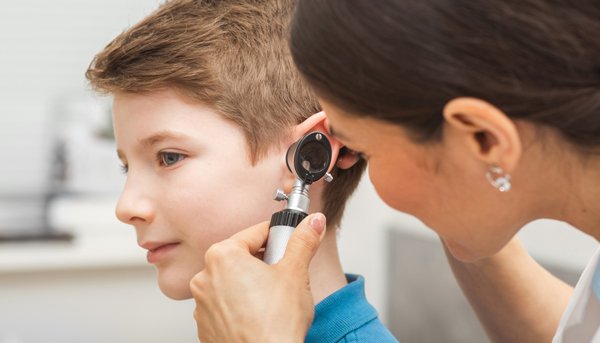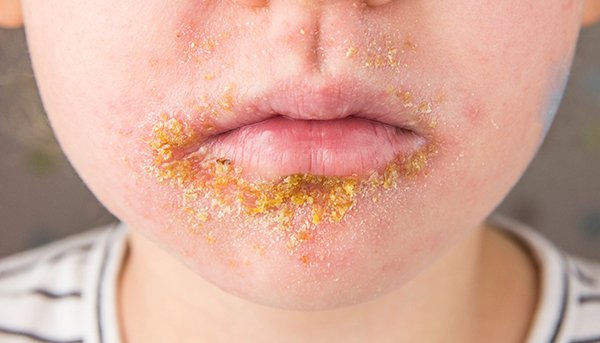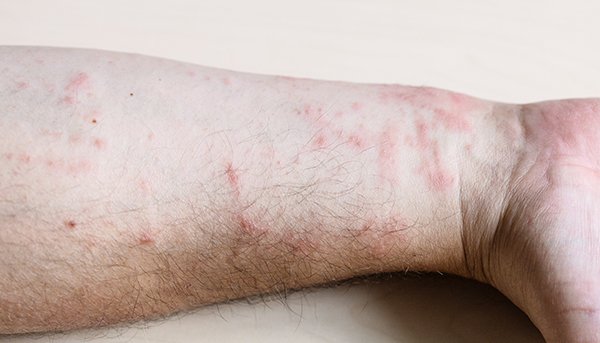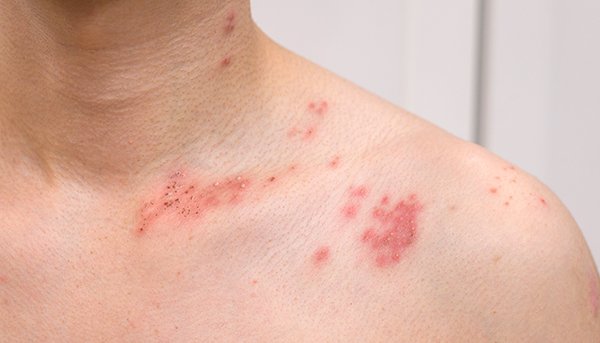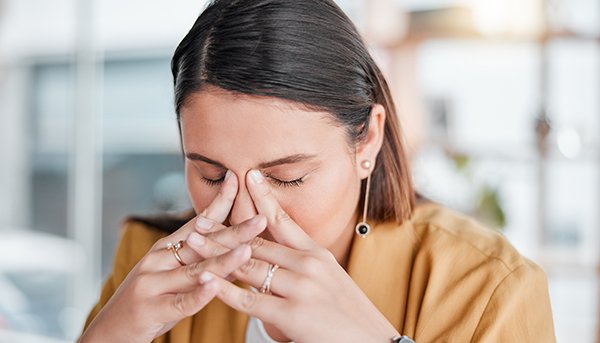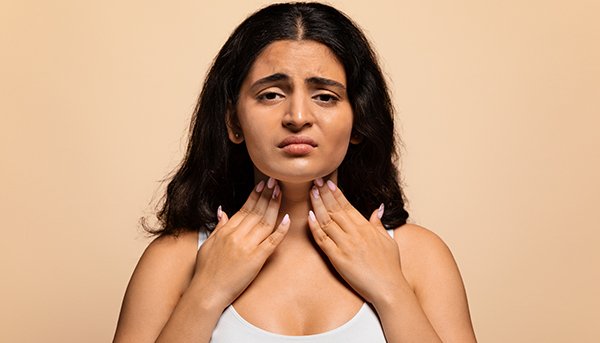Shingles (ages 18 & over)
Shingles is a viral infection that affects a nerve and the surrounding skin, causing a painful rash. Also known as herpes zoster, it is triggered by the varicella-zoster virus, the same virus responsible for chickenpox.
Early Signs of Shingles
Before the rash appears, some people experience early symptoms such as:
- Headache
- Feeling generally unwell
- Fever or high temperature
- Pain, burning, tingling, numbness, or itchiness in the affected area
Main Symptoms of Shingles
The key signs of shingles include:
- Pain – This can be dull, burning, or sharp and stabbing. The area is often tender to touch.
- Rash – Typically develops a few days after the pain starts and appears on one side of the body only. If a rash is present on both sides, it’s unlikely to be shingles.
The rash usually appears on the chest or stomach, but it can also develop on the face, eyes, or genitals. It starts as red blotches, which later turn into itchy, fluid-filled blisters. Over the course of a week, these blisters may continue to form before drying out, flattening, and scabbing over. In some cases, mild scarring can occur.
A shingles episode typically lasts two to four weeks, though pain may persist after the rash disappears.
What Causes Shingles?
If you’ve had chickenpox before, the varicella-zoster virus remains dormant in your body and can reactivate later as shingles. The exact cause of reactivation is unclear, but possible triggers include:
- Weakened immune system
- Older age (most cases occur in people over 50)
- Stress
- Certain medical conditions (e.g., HIV, Hodgkin’s lymphoma)
- Treatments such as chemotherapy
Is Shingles Contagious?
You cannot catch shingles from someone who has it. However, if you have shingles and come into contact with someone who has never had chickenpox, they may develop chickenpox. This happens because the fluid inside shingles blisters contains the varicella-zoster virus.
If you have shingles, you are contagious until the last blister has scabbed over, which can take up to four weeks.
Who Should Avoid Contact with Shingles Patients?
While most adults are immune due to past chickenpox infections, certain groups are at higher risk and should avoid contact with shingles blisters, including:
- Pregnant individuals who have never had chickenpox
- People with weakened immune systems (e.g., chemotherapy patients)
- Babies under one month old (unless they are your own child)
Under the NHS Pharmacy First Service, our pharmacists can assist those aged 18 and over experiencing shingles symptoms. No appointment is needed, and we can offer:
- Expert advice
- Treatment recommendations
- Prescription medicines where appropriate
This service provides an easy way to manage shingles without the need to visit a GP. However, pregnant individuals and certain other cases may be referred to a healthcare professional if additional care is required.
The Shingles Vaccine
The NHS shingles vaccine is available for those aged 70 to 79 years to help prevent the infection or reduce its severity. The vaccine is not available on the NHS for individuals aged 80 and over, as studies suggest it is less effective in this age group.
The vaccine is not suitable for individuals who:
- Have had a severe allergic reaction to a previous shingles vaccine dose
- Are allergic to any ingredients in the vaccine
- Have had a serious allergic reaction to the chickenpox vaccine
For those with a weakened immune system, a GP or practice nurse will assess the most suitable shingles vaccine.
Private Shingles Vaccination
If you are over 50 years old, you can access a private shingles vaccination through our pharmacy. Please note that this is not an NHS service, and charges apply.
If you're eligible for the NHS vaccine, speak to your GP or practice nurse about booking your vaccination. If you are not, you can have the shingles vaccine privately, click here for more information, or book via the link.

